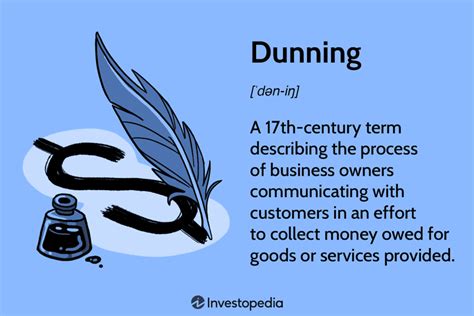The Dunning-Kruger effect is a psychological phenomenon where individuals who are incompetent in a particular domain tend to overestimate their own abilities and performance, while underestimating the abilities of others. This concept was first introduced by David Dunning and Justin Kruger in their 1999 paper "Unskilled and Unaware of It: How Difficulties in Recognizing One's Own Incompetence Lead to Inflated Self-Assessments." The Dunning-Kruger effect has since become a widely recognized phenomenon, with significant implications for various fields, including psychology, education, and business.
Understanding the Dunning-Kruger Effect

The Dunning-Kruger effect is characterized by four key features: meta-cognitive incompetence, illusory superiority, overconfidence, and lack of self-awareness. Individuals exhibiting the Dunning-Kruger effect tend to overestimate their abilities, believe they are performing better than others, and are unaware of their own incompetence. This phenomenon can be observed in various domains, including intellectual pursuits, social interactions, and professional endeavors.
Cognitive Biases and Heuristics
The Dunning-Kruger effect is often attributed to cognitive biases and heuristics, such as the availability heuristic and the representativeness heuristic. These biases lead individuals to rely on mental shortcuts, rather than engaging in thorough analysis and critical thinking. As a result, they may overestimate their abilities and underestimate the difficulties associated with a particular task or domain. Domain-specific knowledge and expertise can help mitigate the Dunning-Kruger effect, as individuals with a deeper understanding of a domain are more likely to recognize their own limitations and be aware of the complexities involved.
| Cognitive Bias | Description |
|---|---|
| Availability Heuristic | Tendency to overestimate the importance of information that is readily available |
| Representativeness Heuristic | Tendency to judge the likelihood of an event based on how closely it resembles a typical case |
| Illusory Superiority | Tendency to overestimate one's own abilities and performance |

Key Points
- The Dunning-Kruger effect is a psychological phenomenon where individuals overestimate their abilities and performance, while underestimating the abilities of others.
- Cognitive biases and heuristics, such as the availability heuristic and the representativeness heuristic, contribute to the Dunning-Kruger effect.
- Domain-specific knowledge and expertise can help mitigate the Dunning-Kruger effect by promoting self-awareness and recognition of one's own limitations.
- The Dunning-Kruger effect has significant implications for education and professional development, highlighting the importance of self-awareness and meta-cognitive skills.
- Recognizing and addressing the Dunning-Kruger effect can lead to improved performance, decision-making, and collaboration in various domains.
Implications and Applications

The Dunning-Kruger effect has far-reaching implications for various fields, including education, business, and healthcare. In education, recognizing the Dunning-Kruger effect can help instructors design more effective learning strategies, focusing on developing meta-cognitive skills and promoting self-awareness. In business, the Dunning-Kruger effect can lead to poor decision-making and collaboration, highlighting the importance of teamwork and diverse perspectives. In healthcare, the Dunning-Kruger effect can have significant consequences, as medical professionals may overestimate their abilities and underestimate the complexities of a particular case.
Real-World Examples
The Dunning-Kruger effect can be observed in various real-world scenarios, such as politicians overestimating their abilities to solve complex problems, business leaders underestimating the challenges associated with a new market, or individuals overestimating their abilities to perform a complex task without proper training or expertise. These examples highlight the importance of recognizing and addressing the Dunning-Kruger effect in various domains.
What is the Dunning-Kruger effect?
+The Dunning-Kruger effect is a psychological phenomenon where individuals who are incompetent in a particular domain tend to overestimate their own abilities and performance, while underestimating the abilities of others.
What are the key features of the Dunning-Kruger effect?
+The key features of the Dunning-Kruger effect include meta-cognitive incompetence, illusory superiority, overconfidence, and lack of self-awareness.
How can the Dunning-Kruger effect be mitigated?
+The Dunning-Kruger effect can be mitigated by developing domain-specific knowledge and expertise, promoting self-awareness and meta-cognitive skills, and recognizing the importance of teamwork and diverse perspectives.
Meta description suggestion: “The Dunning-Kruger effect is a psychological phenomenon where individuals overestimate their abilities and performance. Learn about the key features, implications, and applications of the Dunning-Kruger effect.” (149 characters)



